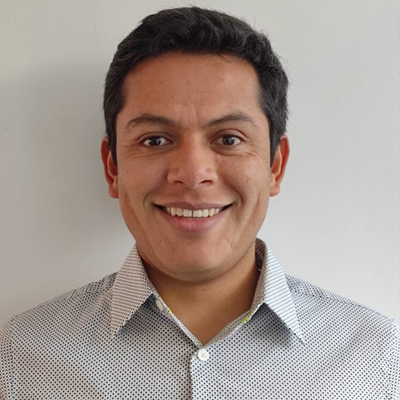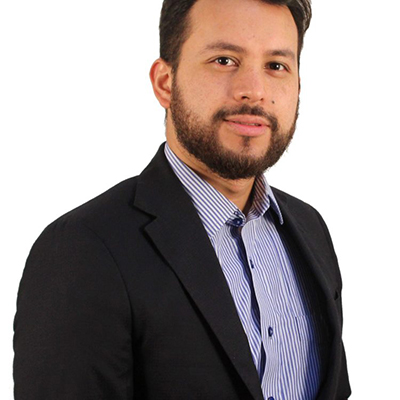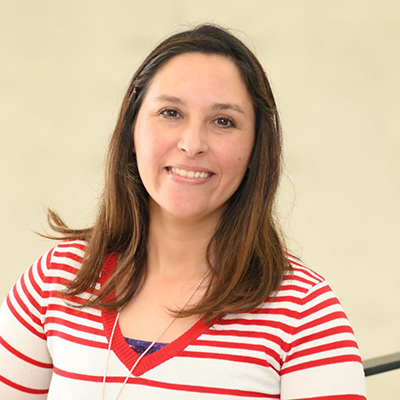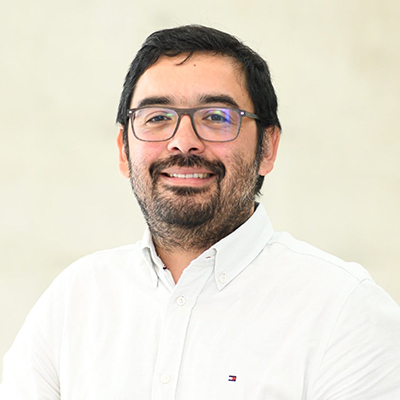El mundo cada vez está más urbanizado. Desde 2007, más de la mitad de la población mundial ha estado viviendo en ciudades, y se espera que dicha cantidad aumente hasta el 60 % para 2030.
Las ciudades y las áreas metropolitanas son centros neurálgicos del crecimiento económico, ya que contribuyen al 60 % aproximadamente del PIB mundial. Sin embargo, también representan alrededor del 70 % de las emisiones de carbono mundiales y más del 60 % del uso de recursos.
Fuente: https://www.un.org/
Investigadores
Biography
Felipe Vásquez Lavín (Ph.D.) is a tenured Professor at the School of Business and Economics at UDD in Concepción, Chile. His main research fields are related to Environmental Economics, Climate Change Economics, Water Resource Economics, and Choice Modelling.
Felipe has been working on understanding firms’ and consumers’ decisions related to environmental issues (consumption and production). This work has been published in top peer- reviewed journals such as the Journal of Environmental Economics and Management, Energy, Policy, and World Development. The solid multidisciplinary component of his research allows him to reach multidisciplinary journals like Water Resources Research, Scientific Reports, Conservation Letters, and Journal of Environmental Management. Felipe teaches undergraduate and graduate courses in econometrics with an emphasis on choice modeling.
In applied research, Felipe has been involved in several projects in water and sanitation, energy, and the food industry with private companies. He also has informed the public policy debate by participating in projects for the Chilean Ministry of Finance, Ministry of Economics, Ministry of Environment, Ministry of Energy, Ministry of Social Development, and the Ministry of Environment in Uruguay and Peru.
Furthermore, he has led several projects with international institutions such as the Organization for Economic Cooperation and Development (OECD), the International Development Bank (IDB), the Economic Commission for Latin America and the Caribbean (ECLAC), the International Development Research Center (IDRC), the Climate Vulnerable Forum (CVM) from the global Center of Adaptation (GCA) and the International Fund for Agricultural Development (IFAD).
Featured Publications
- Understanding the role of personal experiences and contextual variables in shaping risk reduction preferences. (2023) Vaccine. (accepted)
- Assessing the Use of Pseudo-Panels to Estimate the Value of Statistical Life. (2022). Applied Economics.
- Use of medical services: How sensitive are the results to different econometric models?. (2022). International Journal of Health Planning and Management.
- Assessing the socio-economic and land-cover drivers of wildfire activity and its spatiotemporal distribution in south-central Chile. (2022). Science of Total Environment.
- Diversifying Chile’s climate action away from industrial plantations. (2022). Environmental Science and Policy.
- Sensitivity of Water Price Elasticity Estimates to Different Data Aggregation Levels (2021). Water Resources Management.
- Estimating Discount Rates for Environmental Goods: Are People’s Responses Inadequate to Frequency of Payments? (2021). Journal of Environmental Economics and Management.
- Effective Targeting and Additionality. Evaluating the D.L. 701 Reforms for Afforesting Erodible Land in Southern Chile. (2021). Land Economics 10.3368/le.97.4.011520-0003R2
















